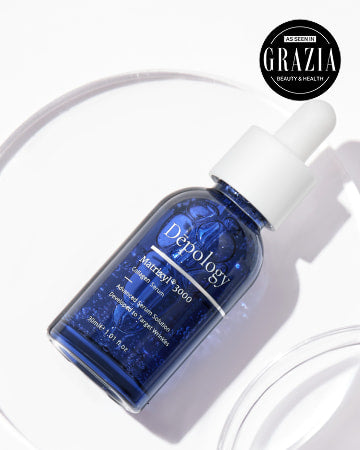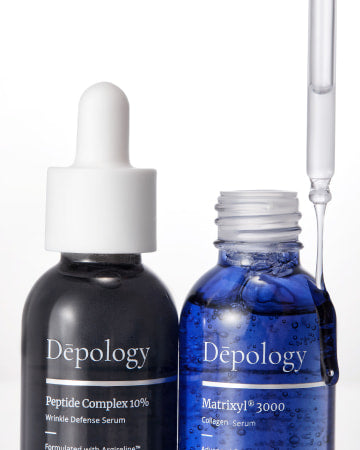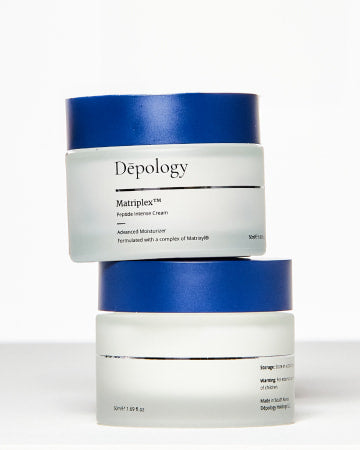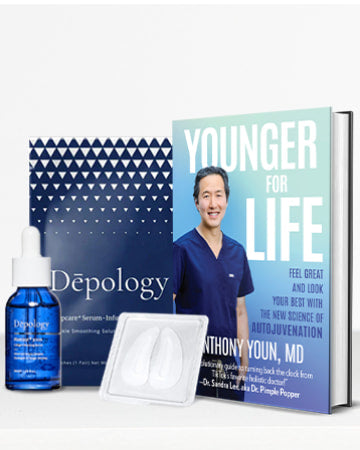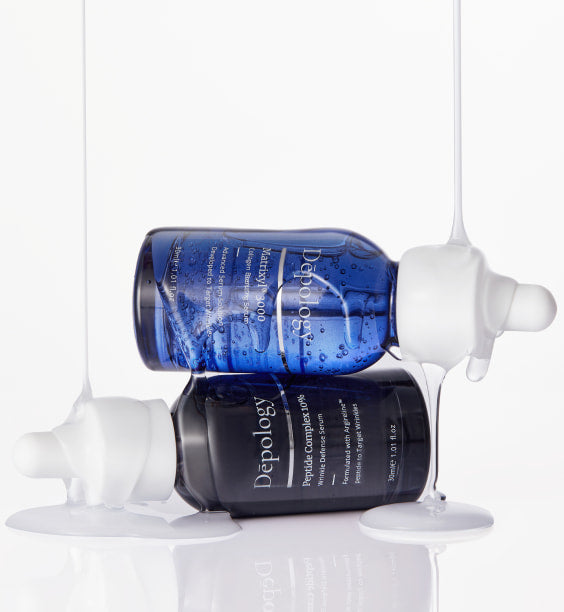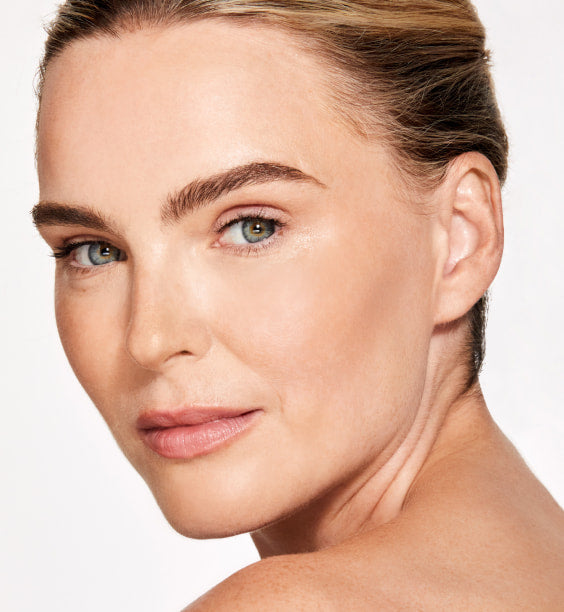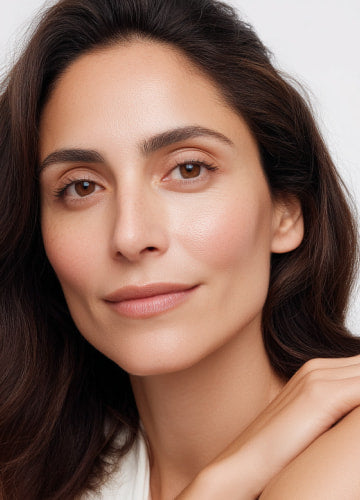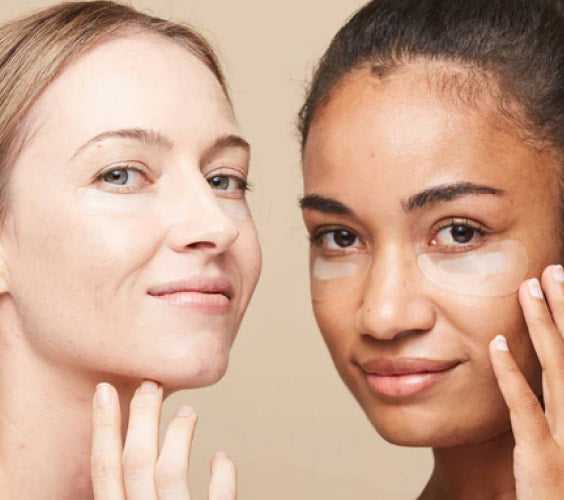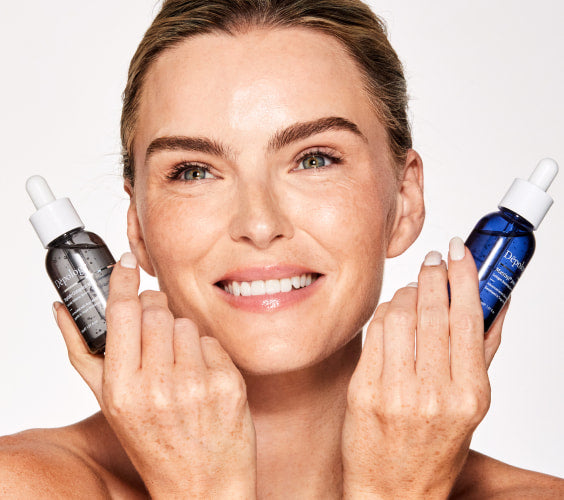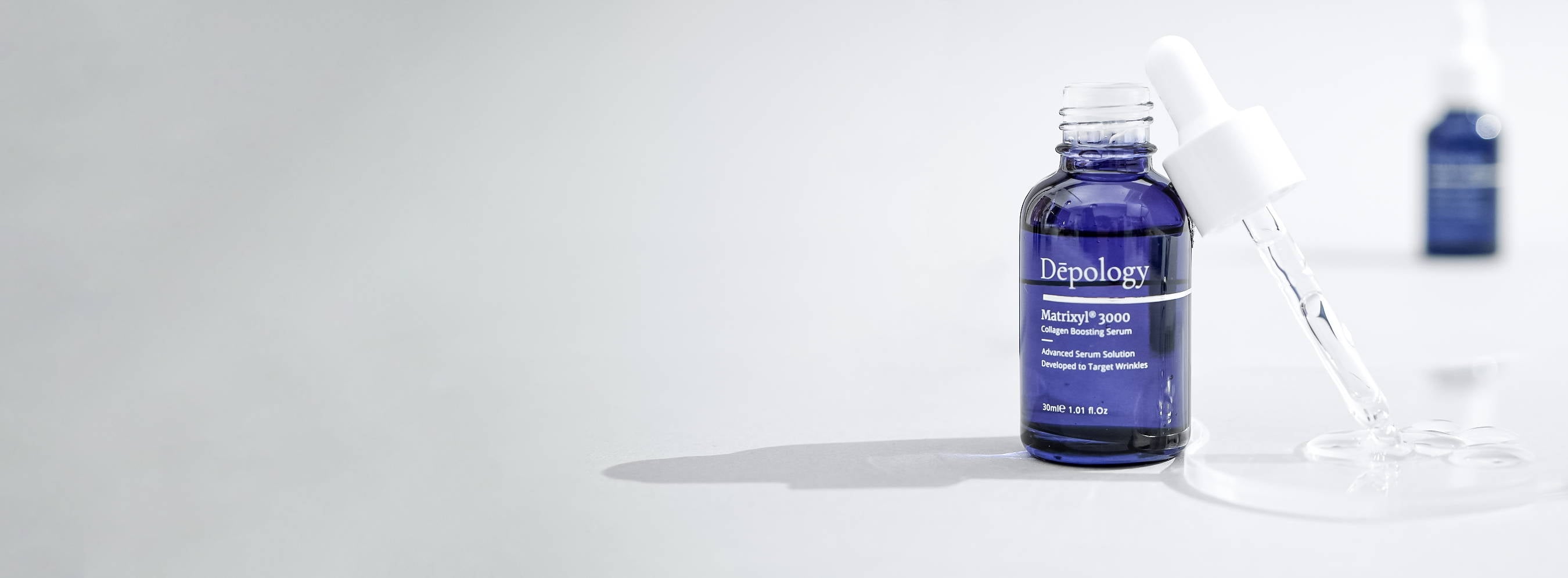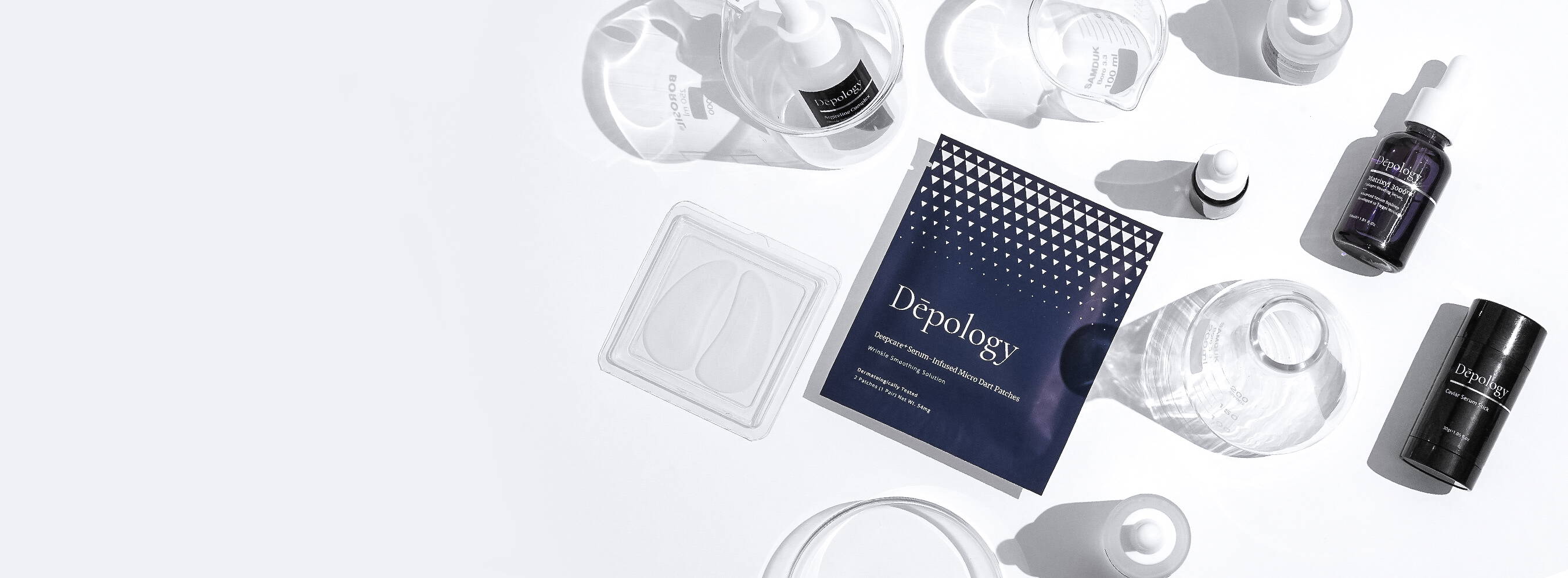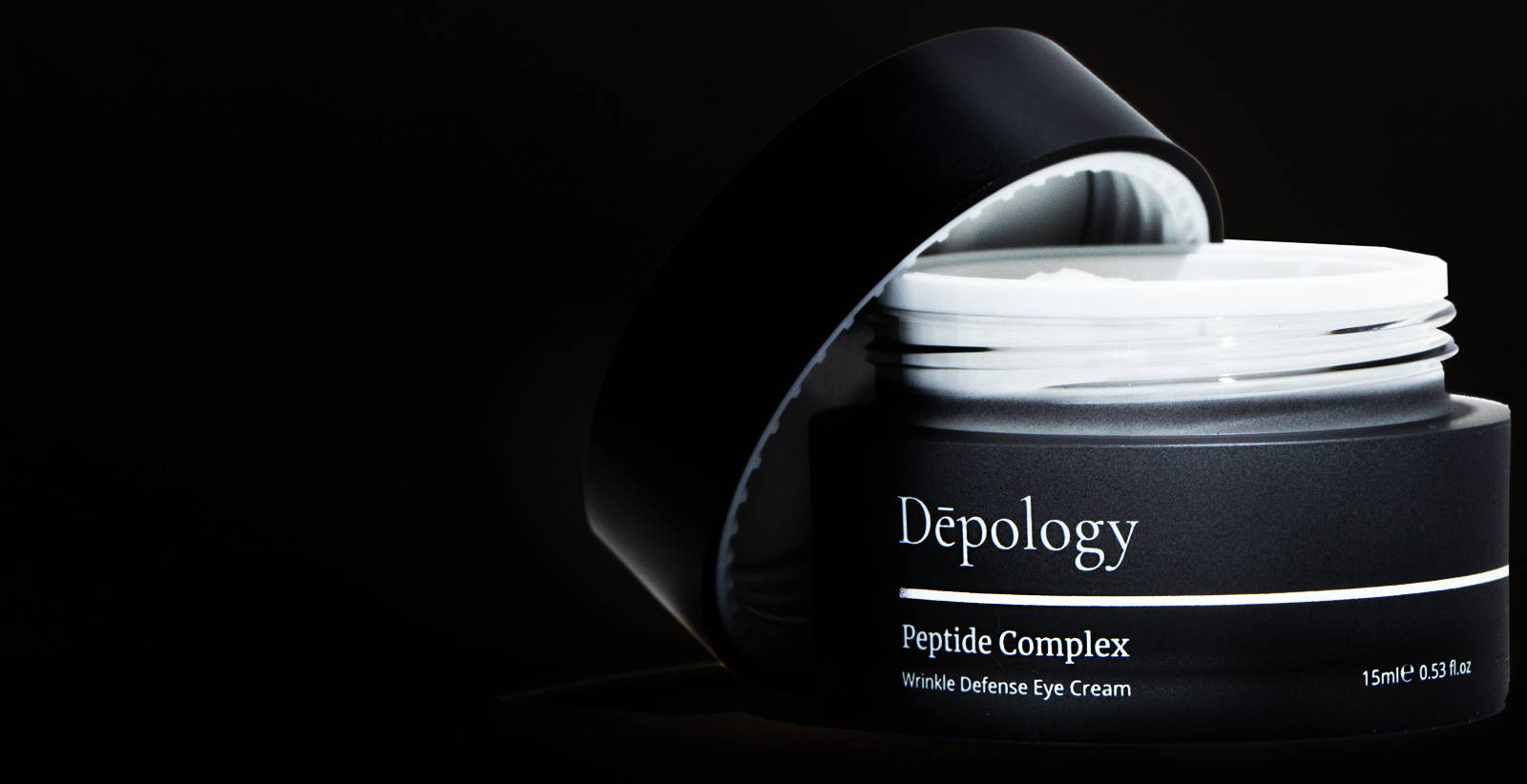
Is Vitamin E Good For the Skin?
Yes, vitamin E is good for your skin. It is an antioxidant that helps protect your skin from damage caused by free radicals. Free radicals are unstable molecules that can damage cells, leading to premature aging, wrinkles, and other skin problems. Vitamin E can help neutralize free radicals and prevent them from damaging your skin.
One of the skincare fundamentals is the positive effects antioxidants have on our skin. From increasing collagen production to adding plumpness and softness to texture, the benefits seem endless when it comes to these powerful molecules.
Vitamin E has become a trending discussion for facial skincare routines. If you have oily or sensitive skin, incorporating new ingredients can feel risky. So, is Vitamin E worth all the hype?
Should You Use Vitamin E On Your Face?
Absolutely! Vitamin E supports the immune system and encourages skin cell regeneration — promoting a radiant, youthful appearance.
Vitamin E reaches the skin naturally through sebum (your natural skin oil). Those with oilier skin often produce more sebum, meaning more natural Vitamin E. It also absorbs UV energy, helping protect skin from UV-induced free radical damage.
The most common form of Vitamin E found in skincare is **tocopherol**. This fat-soluble compound supports nerve function, prevents blood clots, and boosts immunity. If you see “tocopherol” on your skincare label, it’s a good sign.
Vitamin E levels are naturally higher in the epidermis (outer layer) than the dermis. It accumulates in sebaceous glands before reaching the skin’s surface. But as we age, Vitamin E levels drop — meaning skincare becomes more important to replenish it.
Benefits of Vitamin E For the Skin
Vitamin E is best known for fighting free radical damage, but it also helps increase skin photoprotection. Although research continues, applying Vitamin E after UV exposure may help skin heal faster by reducing swelling and redness.
Common benefits include:
- Hyperpigmentation (best when paired with Vitamin C)
- Aging and wrinkle prevention
- Acne scarring
- Smoother, brighter-looking skin
How To Apply Vitamin E On the Skin
Topical Vitamin E has become increasingly popular — available in oils, creams, and serums. Even 0.1% concentration can boost Vitamin E levels in the skin. But Vitamin E is unstable alone and works **much better when paired with Vitamin C**.
Our new Peptide Complex Wrinkle Defense Eye Cream uses Vitamin E along with **Argireline™** and **heartleaf extract** for smoother, firmer, deeply hydrated skin.
- Start with clean skin — remove all makeup and residue, then rinse with lukewarm water and pat dry.
- Mix 1–2 drops of pure Vitamin E oil with 10 drops of a carrier oil (almond, coconut, or jojoba oil) and massage gently into the skin.
- Wait around 20 minutes before resting your face on a surface. Use 1–2× a week before sleep.
- Apply Vitamin E overnight for best results — thicker formulas absorb deeper while you sleep. Avoid AM application if layering with serums or makeup.
- Do **NOT** use Vitamin E overnight if treating acne scars, as it may clog pores.
You may take Vitamin E orally, but consult a doctor first — especially if you take blood thinners. Long-term oral use can cause Vitamin E buildup and affect platelet levels.
Topical Vitamin E is generally more effective than supplements. Research is ongoing on oral anti-inflammatory benefits.
Recommended Product
Conclusion: Peptide Complex Eye Cream
Vitamin E plays a major role in protecting skin from UV damage and free radicals. Look for formulas containing Vitamin E (tocopherol, tocotrienol) as an active ingredient to strengthen your skin barrier.
Though more research is needed for acne scars and inflammation, incorporating Vitamin E will leave your skin glowing over time.


